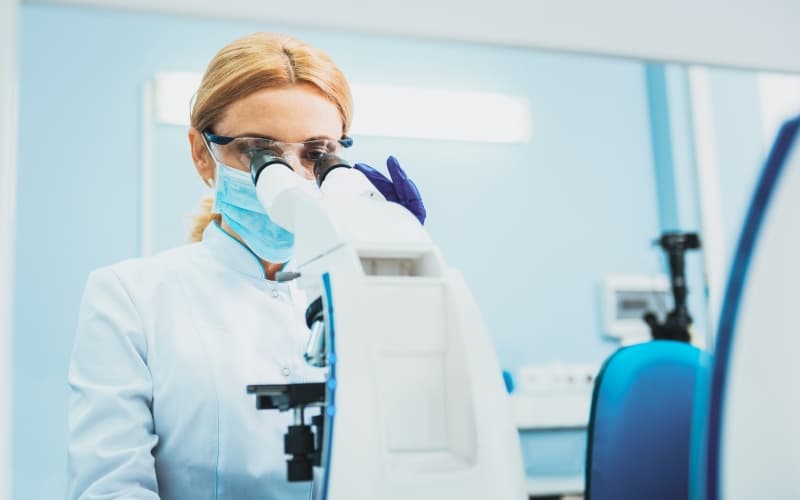Spermogram is an informative test that identifies the causes of male infertility and diseases of the reproductive system. Most men, having received an appointment card for this intimate examination, are puzzled by the question of how to go through the examination and how serious their problem is.
A spermogram is prescribed for unsuccessful attempts by a couple to conceive a child, checking male fertility, that is, fertilizing ability. Infertility is not a verdict if diagnosis is timely. There can be a lot of reasons: from infections to hormonal disorders. With the help of a spermogram specialists identify which disease of the reproductive system prevents the conception of a child.

Indications for a spermogram test:
- preparation for IVF or ICSI (types of artificial insemination);
- diseases of the genitourinary system: prostatitis, vesiculitis, epididymitis, orchitis;
- a testicular injury in past medical history;
- hormonal abnormalities.
Technical highlights
For reliable results without errors, there are certain rules for passing the test. To prepare for the research, doctors recommend refrain from intercourse for 2 - 7 days before delivery sperm, but no more. At this time, you also need to refrain from alcohol, medications, postpone a visit to the bath or sauna. Colds, high fever can misrepresent the spermogram results.
The biomaterial is collected in a sterile vessel, a jar. As a rule, special rooms are allocated in clinics where appropriate conditions are created in form of popular men's magazines as "technical support".
It is enough to take a spermogram once. Urologists prescribe a re-test only in cases when some deviations from the norm are found. If the doctor does not like some of the indicators, one may have to repeat the procedure in a couple of weeks.
What will the spermogram show?
The causes of pathological changes in the spermogram can be various: genetic (congenital) diseases, toxic effects of alcohol, drugs, X-rays and radiation, harmful effects of lead compounds, mercury, chronic inflammatory diseases of the genital organs, hormonal disorders, impaired patency of the spermiduct.
The main spermogram count is the number of sperm in 1 ml of ejaculate, its condition and mobility.
The likelihood of fertilization is reduced if the sperm count is less than 20 million in 1 ml. But it is not always useful when the sperm count exceeds 120 million. Because of the "crushes", they will simply interfere with each other to reach the target.
The ejaculate contains alive and not alive sperm. It is important to determine the percent of alive sperm is capable of fertilization. If there is less than 50% of it, you need to sound the alarm.
Another important indicator reflecting the ability to quickly get to an ovum is the mobility of male germ cells. For a healthy man 60-70% of actively motile spermatozoa is considered normal.
In some instances, the doctor may order an additional test. For example, in 10% of cases, the cause of infertility can be an autoimmune abnormality - the presence of antisperm antibodies (antibodies that the body produces to inhibit the activity of sperm, taking them for foreign cells that are harmful to the body). Recently, this indicator has been included in a spermogram in many foreign and domestic clinics.
It is wrong to take a spermogram test for prophylaxis. This test is prescribed by an urologist-andrologist when they suspect infertility.
